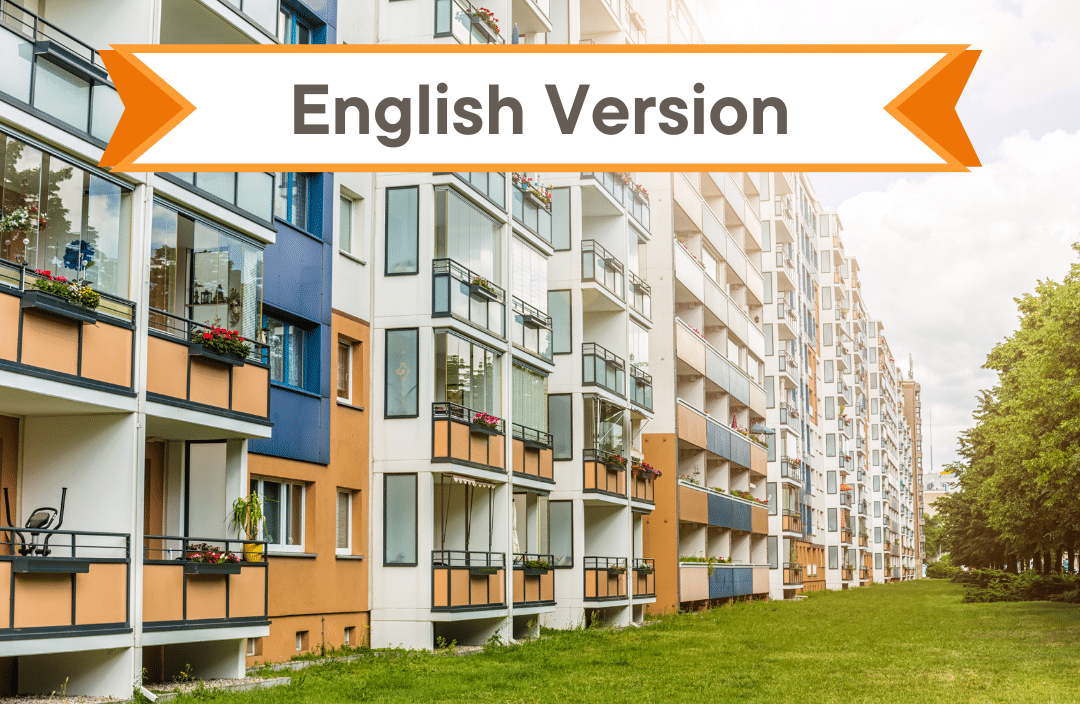Condominium ownership is a given for many French citizens, particularly in densely populated urban areas. It is a shared ownership structure that allows several owners to share a building, while each owns private units. This configuration requires a robust legal framework to regulate the rights and duties of each co-owner, thus ensuring harmonious and fair co-existence. Understanding the legislation surrounding condominium ownership is therefore crucial for everyone involved, from tenants and investors to real estate professionals.
Sommaire
The legal foundations of condominium ownership
Condominium ownership in France is essentially based on the law of July 10, 1965, supplemented by the decree of March 17, 1967, and more recently amended by the ELAN law. These texts form the regulatory backbone of co-ownership, defining a set of rights and obligations for co-owners, as well as rules for managing shared areas. The duality of private and common areas is a key feature of condominium ownership: each owner enjoys his or her private property, while being required to contribute to the upkeep of common areas. This framework also requires the drafting of a set of co-ownership regulations detailing the rules of life, the use of shared areas and the apportionment of charges. This document is essential as it provides a guide for the day-to-day management of the condominium.
Another key element of the legislation is the establishment of conflict resolution mechanisms. Disagreements between co-owners are inevitable, and the law provides procedures for resolving them, including mediation and recourse to the courts if necessary. Co-owners also need to be aware of any changes in legislation or regulations that may affect their day-to-day lives and responsibilities.
The “syndicat des copropriétaires” and the “syndic de copropriété »
It’s crucial to distinguish between the “syndicat des copropriétaires” and the “syndic de copropriété”. The “syndicat des copropriétaires” is the entity that groups together all the co-owners of a building. Each co-owner is a member of this syndicate, which represents the community of owners. It is this group that makes important decisions at general meetings. Decisions can cover a wide range of issues, from maintenance of the shared areas to approval of the annual financial statements, or even the undertaking of improvement or renovation work.
The “syndic de copropriété”, on the other hand, is the legal representative of the “syndicat des copropriétaires”. His role is central and operational: he administers the shared areas, carries out the decisions of the general meeting, and manages the day-to-day business of the condominium. The “syndic” is also responsible for the upkeep of the building, taking out the appropriate insurance policies, and managing the collection of unpaid charges. The relationship between the “syndicat” and the “syndic” is regulated by a “syndic” contract, which sets out the rights and obligations of the “syndic”.
The selection of a syndic can be the subject of heated debate within the condominium. Co-owners have the option of choosing a professional syndic or appointing a volunteer syndic from among their number. Each of these options has its pros and cons, and the choice must be made taking into account the specific needs of the condominium and the skills available.
Managing shared areas is a fundamental aspect of condominium management. These areas often include entrance halls, staircases, corridors, gardens, and sometimes communal facilities such as swimming pools or elevators. Their maintenance and renovation are essential to preserve the value of the building and ensure a pleasant living environment for all occupants. Co-owners must contribute financially to these common expenses, and the breakdown of charges is usually based on the size of their lot or on the co-ownership regulations.
Condominium charges can be a source of friction if they are not managed openly and fairly. The provisional budget, voted at the general meeting, must therefore be precise and reflect the real needs of the co-ownership. In the event of exceptional or unforeseen expenses, such as urgent repairs, a general meeting may be called to vote on the necessary funds. Co-owners have the right to consult the condominium’s accounts and request clarification of any expenses.
Condominium ownership, with its complex legal structure, provides a model of shared ownership that requires a thorough knowledge of legislative rules to be effectively managed. Current legislation clarifies the rights and obligations of each party, ensuring a balance between individual and collective interests. The “syndicat des copropriétaires”, as a collective body, and the “syndic de copropriété”, as the guarantor of good management, each play an essential role in this organization. For co-owners, whether residents or investors, it is essential to fully understand these legislative aspects in order to maximize their investment and contribute positively to the life of the condominium.
In conclusion, seeking the support of a law firm specializing in real estate law can be a wise move. Our firm, for example, offers invaluable expertise to help co-owners navigate this complex legal landscape and ensure that management complies with legal expectations. Whether buying, managing or defending condominium rights, qualified legal support is an essential resource for securing and optimizing your participation in a condominium.




